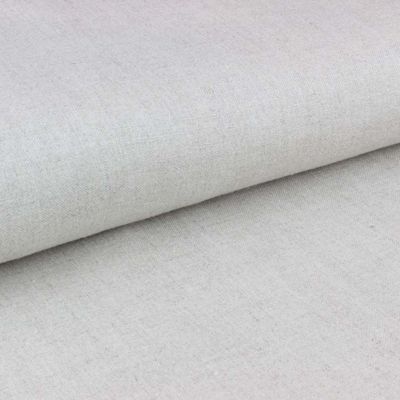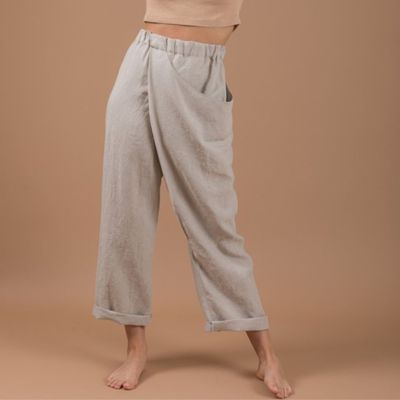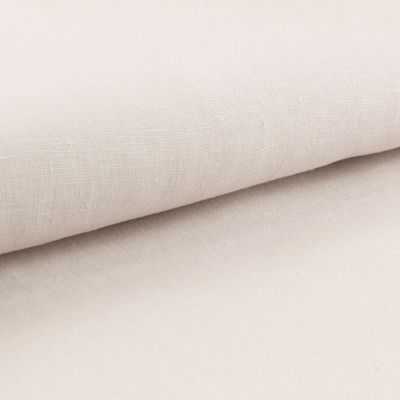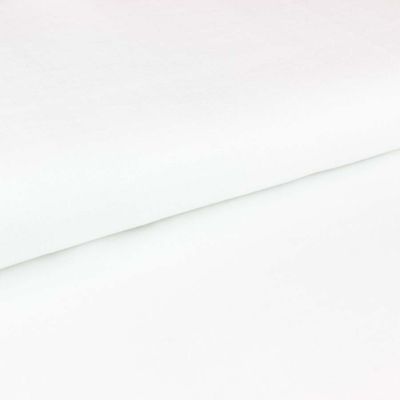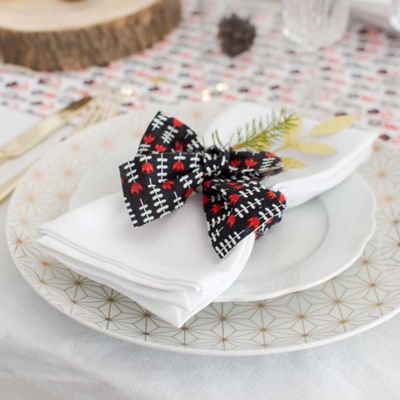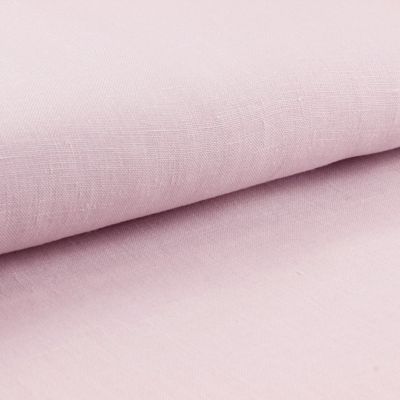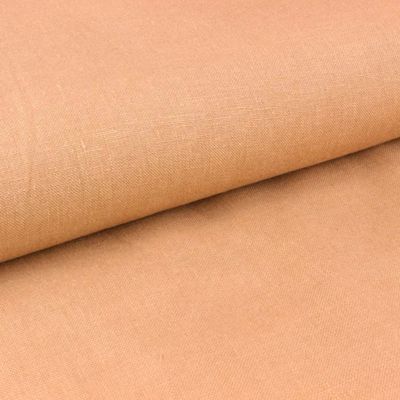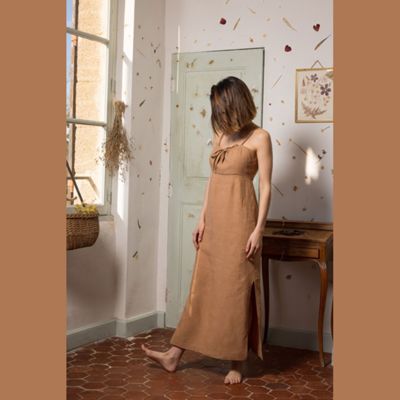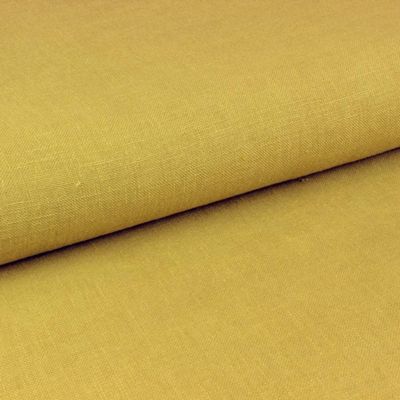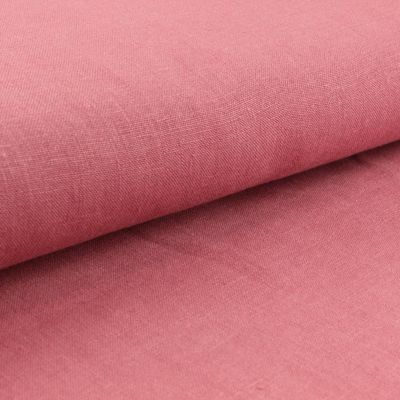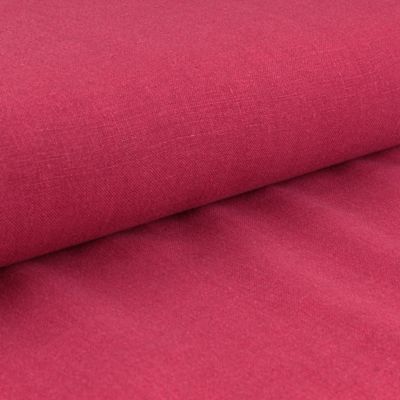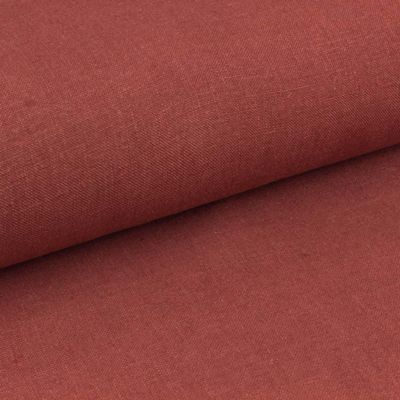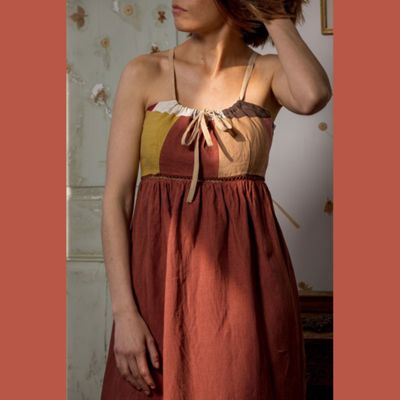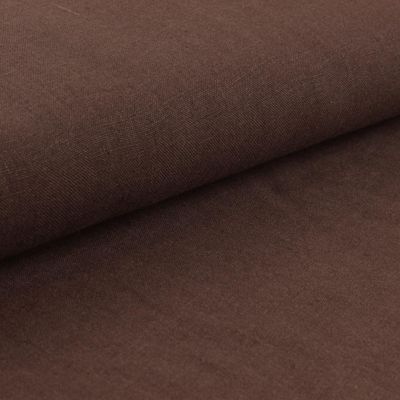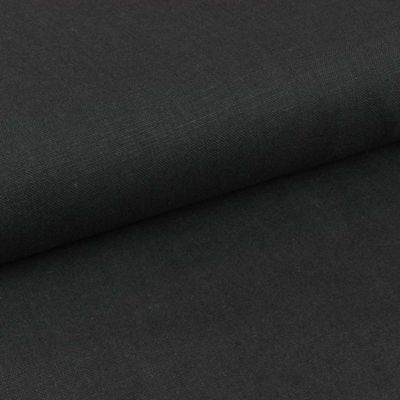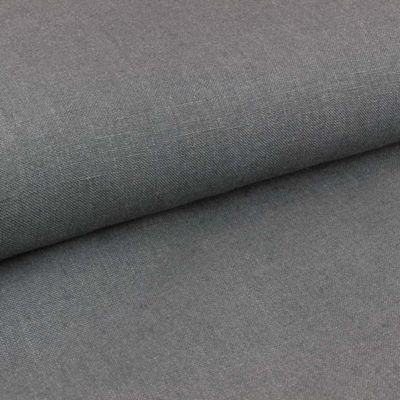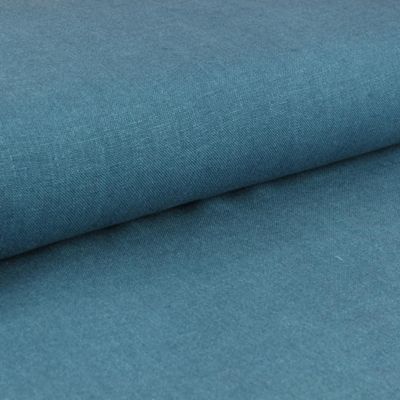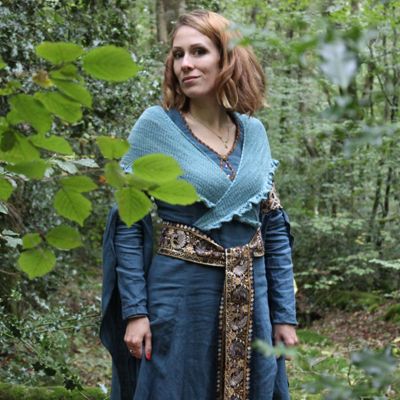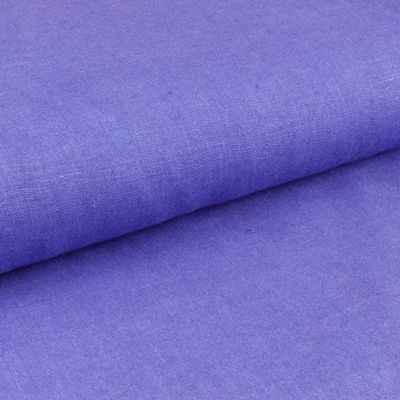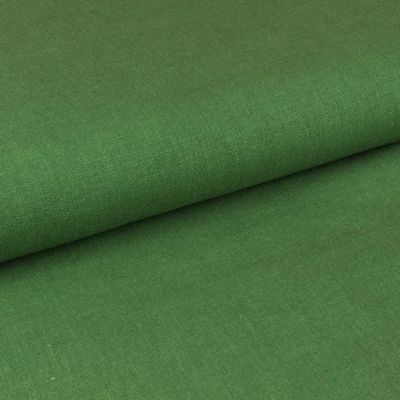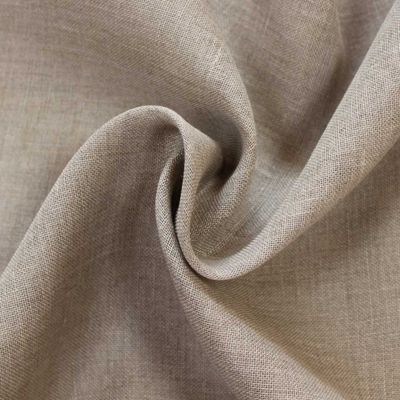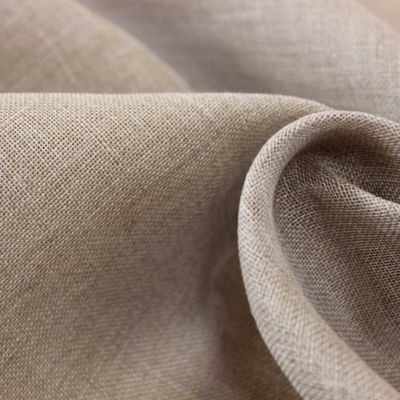-
TISSUS
- 💚 TOUS LES TISSUS
- 🤍 TOUS LES TISSUS ÉCRUS
- 💜 TOUS LES TISSUS A MOTIFS
- ❤️ COUPONS / DERNIERS MÈTRES
- 🌷 NOUVEAU ! BOX COUTURE 🩷 VICHY À CROQUER
- TISSUS MOTIFS COTON BIO
- TISSU POPELINE
- TISSU SATIN
- TISSU VOILE
- TISSU MODE UNI COTON BIO
- TISSU FAUSSE FOURRURE
- TISSU POLAIRE
- TISSU SWEAT GRATTÉ
- TISSU BORD-CÔTES
- TISSU VELOURS COTELÉ
- TISSU VELOURS NICKY
- TISSU DENIM
- TISSU JERSEY UNI
- TISSU POPELINE UNIE
- TISSU MICRO ÉPONGE
- TISSU MODE UNI LIN
- TISSU TOILE 100% LIN
- TISSU MODE UNI TENCEL™
- TISSU TENCEL™
- TISSU VOILE / TENCEL™
- TISSUS TECHNIQUES
- TISSU MOLLETON LINGETTES
- TISSU ÉPONGE DE BAIN
- TISSU OUATINE
- TISSU FLANELLE
- TISSU PUL IMPERMÉABLE
- TISSU MOUSSELINE
- TISSU JUTE
- TISSU TEINTURE VÉGÉTALE
- PATRONS DE COUTURE
- NOS PATRONS DE COUTURE AU FORMAT PDF
- BONNES AFFAIRES
- COUPONS ET FINS DE SÉRIE
- SECOND CHOIX
- CARTES CADEAUX
- OFFREZ DU TISSU BIOLOGIQUE !
-
PROJETS
- 💚 TOUS LES TISSUS
- 🤍 TOUS LES TISSUS ÉCRUS
- 💜 TOUS LES TISSUS A MOTIFS
- 🌷 NOUVEAU ! BOX COUTURE 🩷 VICHY À CROQUER
- PROJET ZÉRO DÉCHET
- CULOTTE MENSTRUELLE
- SERVIETTE HYGIÉNIQUE LAVABLE
- BEE'S WRAP
- CHARLOTTE COUVRE-PLAT
- MOUCHOIR
- SAC À VRAC
- PROJET BÉBÉ
- LINGETTES LAVABLES
- BAVOIR
- GIGOTEUSE/TURBULETTE
- COUCHE LAVABLE
- CAPE DE BAIN
- PROJET COSMÉTIQUE
- LINGETTES DÉMAQUILLANTES
- PROJET CUISINE
- TABLIER
- CHARLOTTE COUVRE-PLAT
- BEE'S WRAP
- PROJET DÉCO
- ABAT-JOUR
- PROJET BIEN-ÊTRE
- CULOTTE MENSTRUELLE
- BOUILLOTTE SECHE
- MASQUE DE NUIT
-
KITS ET MERCERIE
- 💚 TOUTE LA MERCERIE
- 🤍 TOUS LES KITS
- 🌷 NOUVEAU ! BOX COUTURE 🩷 VICHY À CROQUER
- FILS À COUDRE
- BOBINES FIL À COUDRE COTON BIO
- CÔNES SURJETEUSE COTON BIO
- ACCESSOIRES DE COUTURE
- AIGUILLES MACHINE
- CANETTES
- ÉPINGLES
- PINCES DE COUTURE
- CISEAUX
- REGLES
- AUTRES ACCESSOIRES
- ACCESSOIRES DE FERMETURE
- BOUTONS PRESSION
- PINCES POUR PRESSIONS
- BOUTONS A RECOUVRIR
- BOUTONS
- BOUTONS FANTAISIE MADE IN FRANCE
- BOUTONS A RECOUVRIR
- MERCERIE CRÉATIVE
- PATCHS BRODÉS THERMOCOLLANTS MALICIEUSE
- UNIVERS BÉBÉ
- ATTACHE TÉTINES
- ANNEAUX DE DENTITION
- KITS À COUDRE BÉBÉ
- KITS LINGETTES ANIMAUX
- KITS À COUDRE BIEN-ÊTRE
- KIT À COUDRE CULOTTE MENSTRUELLE
- BOX COUTURE 🩷 VICHY À CROQUER
- KITS À COUDRE ZÉRO DÉCHET
- KIT À COUDRE CHARLOTTE COUVRE-PLAT
-
🩷 Box couture Vichy
-
BLOG
- BIENVENUE SUR LE BLOG !
- ❤️ ACCUEIL : VOIR TOUS LES ARTICLES
- ECOLOGIE TEXTILE
- 🌱 LE TENCEL™ EST-IL UN TISSU ÉCOLOGIQUE ?
- ⚠️ LABEL GOTS VS LABEL OEKO-TEX : QUELLES DIFFÉRENCES ?
- ✅ QUE GARANTIT LE LABEL GOTS ?
- Fiche
- INSPIRATIONS
- 🐑 COUDRE SON GILET DE BERGER
- 👗 5 PATRONS DE MI SAISON À COUDRE AVEC DU TENCEL™
- 😎 4 IDÉES À COUDRE EN MICRO-ÉPONGE POUR L'ÉTÉ
- COUSU BIO : NOS ACTIONS ET NOS PROJETS
- ☀️ PE25 ESCAPADE CATALANE : LOOKBOOK DE LA NOUVELLE COLLECTION
- 💫 AH25 LUMIÈRES NORDIQUES : LOOKBOOK DE LA COLLECTION
- 🩷 FÊTE DES MÈRES : TUTORIEL GRATUIT VANITY LINGETTES ET CHOUCHOU VICHY À CROQUER
- TECHNIQUE TEXTILE
- 📌 DIFFÉRRENCIER LA COMPOSITION ET LA NATURE D'UN TISSU
- 🫧 5 BONNES PRATIQUES DE L'ENTRETIEN TEXTILE À LA MAISON
- 🌳 LE TISSU EST-IL BIODÉGRADABLE ?
- Cart
- Login
- Request wholesale access ⌄
- RETAIL ACCESS
-
Avis de nos clients: 4,99/5
Subcategories
- Bord-côtes ( 11 )
- Denim ( 2 )
- Double gaze ( 1 )
- Flanelle ( 3 )
- Jersey ( 11 )
- Jersey velours côtelé ( 15 )
- Lin tissé ( 16 )
- Micro-éponge ( 7 )
- Mousseline ( 1 )
- Peluche ( 4 )
- Polaire ( 2 )
- Popeline ( 56 )
- Popeline imprimée ( 2 )
- Satin ( 9 )
- Smooth Drape Twill 100% TENCEL™ ( 21 )
- Sweat gratté ( 8 )
- Tissu lingettes démaquillantes ( 1 )
- Tissus imperméables ( 1 )
- Voile ( 5 )
- Éponge ( 1 )
Fermer

